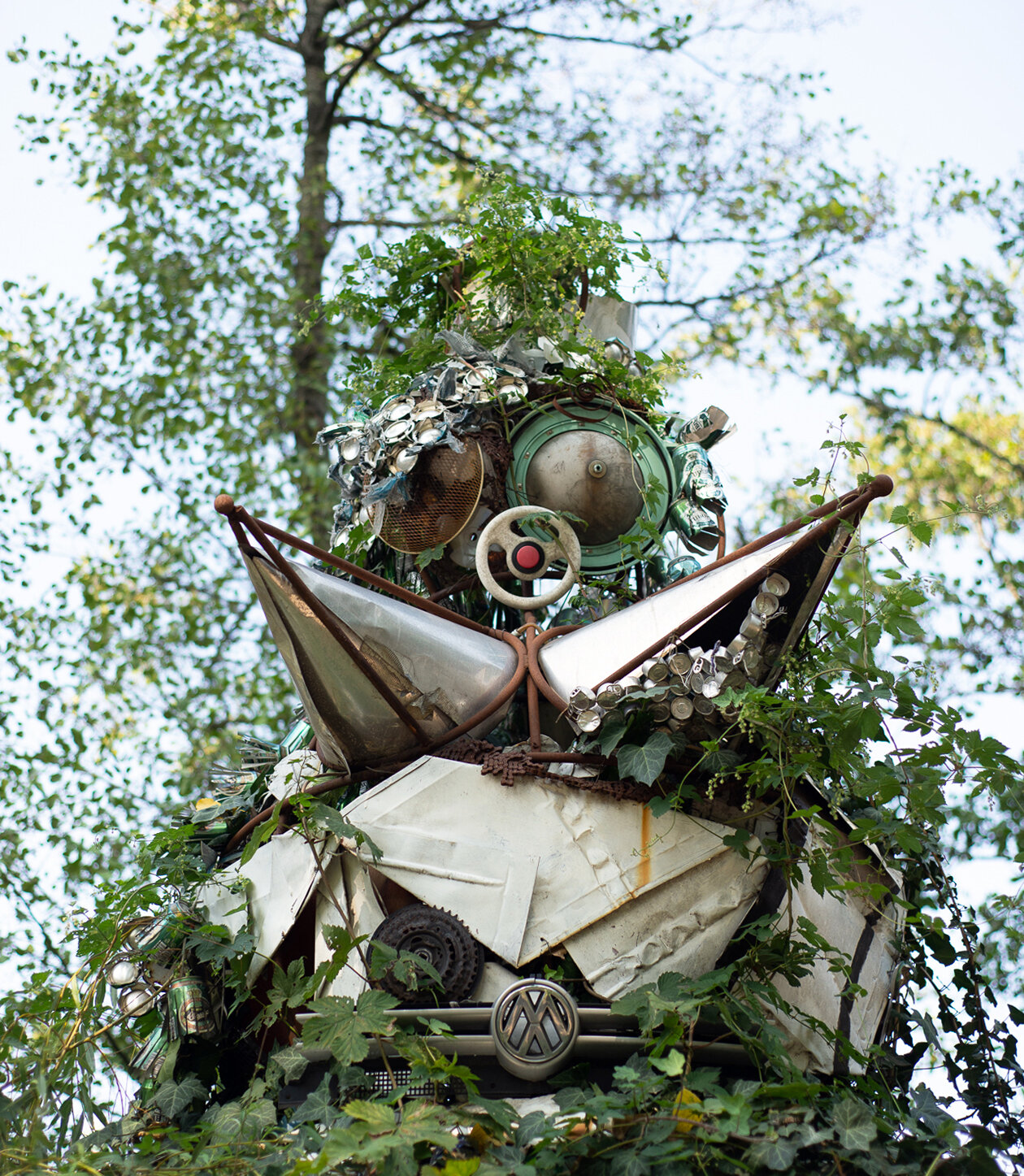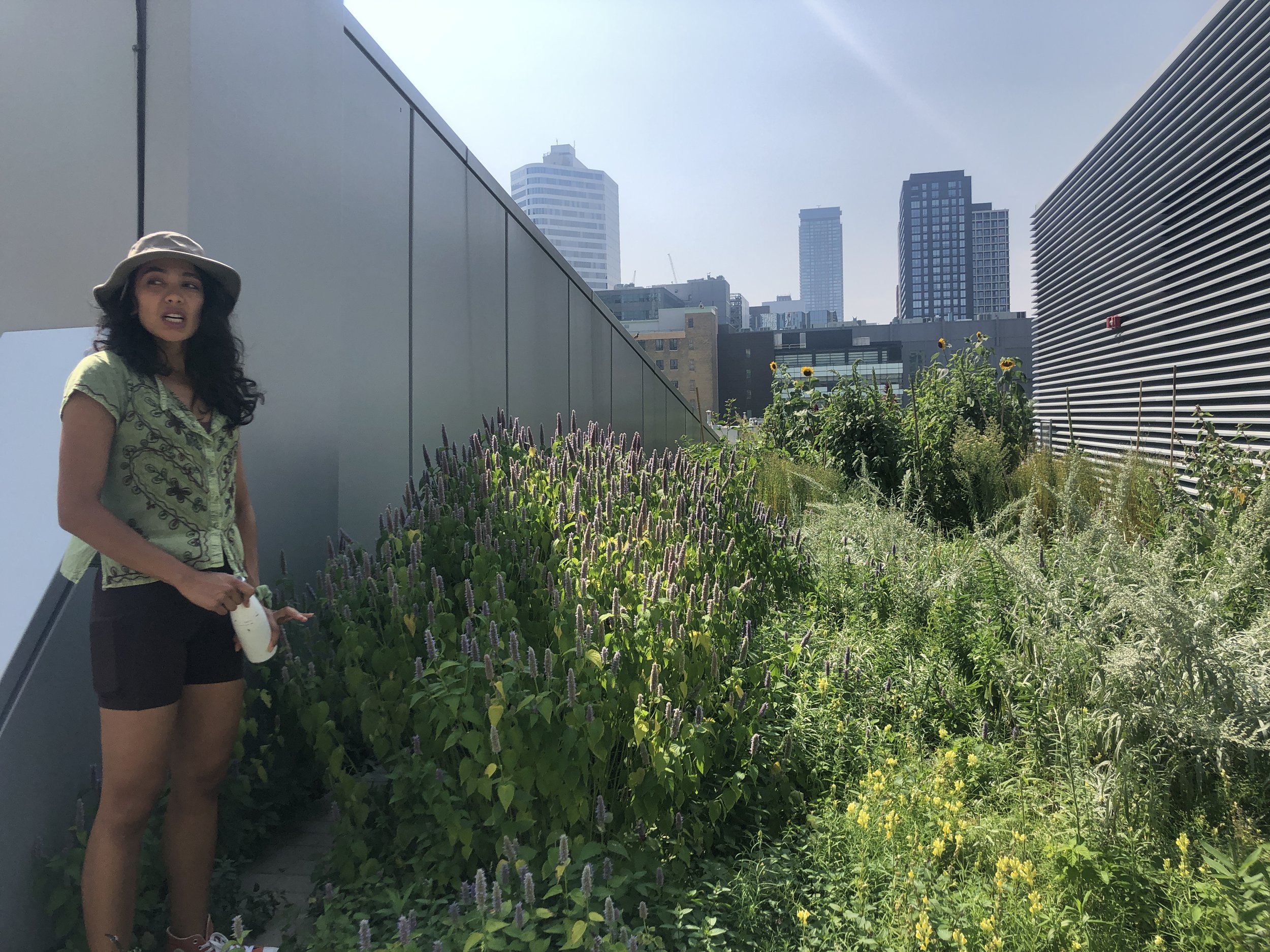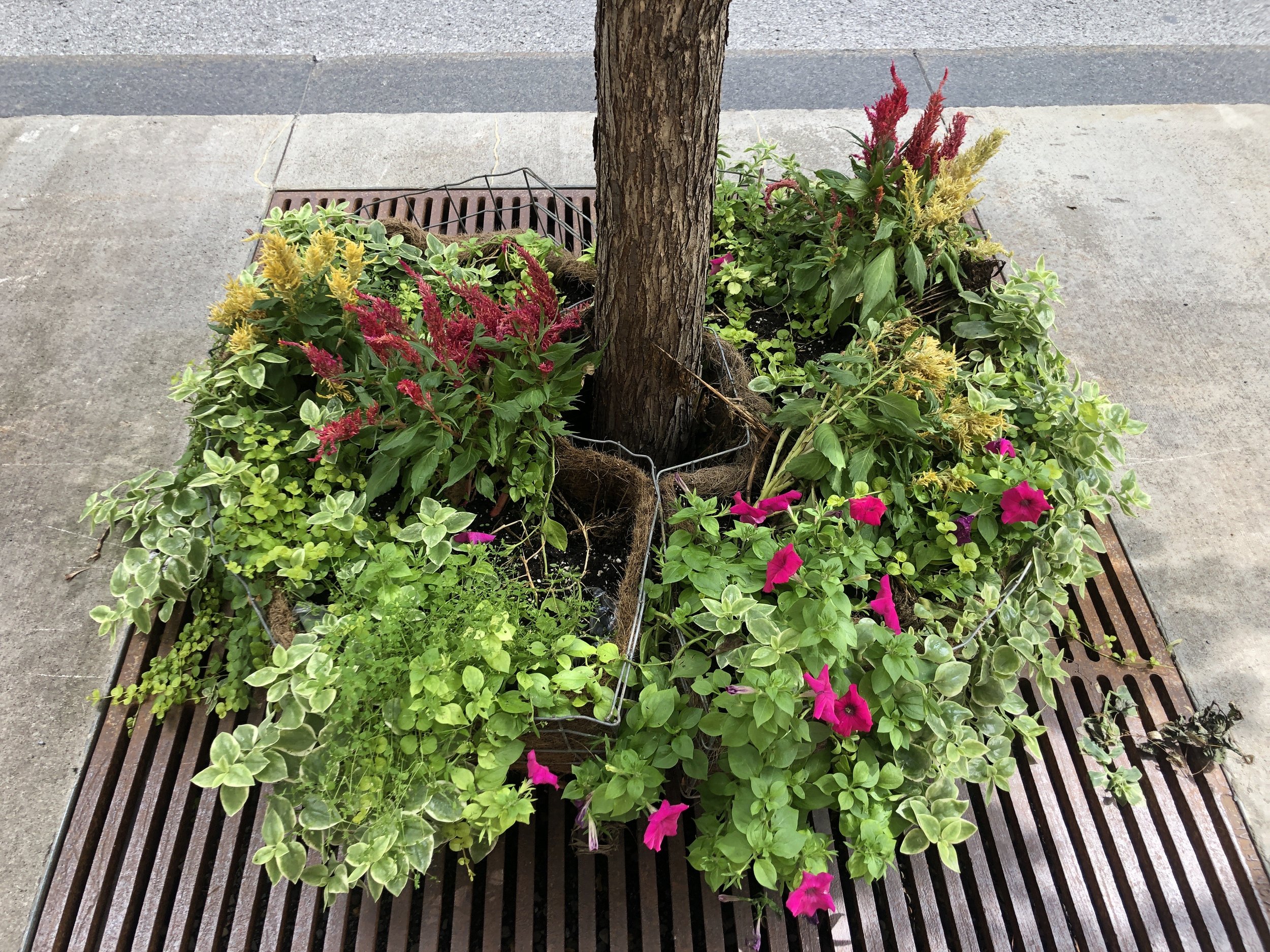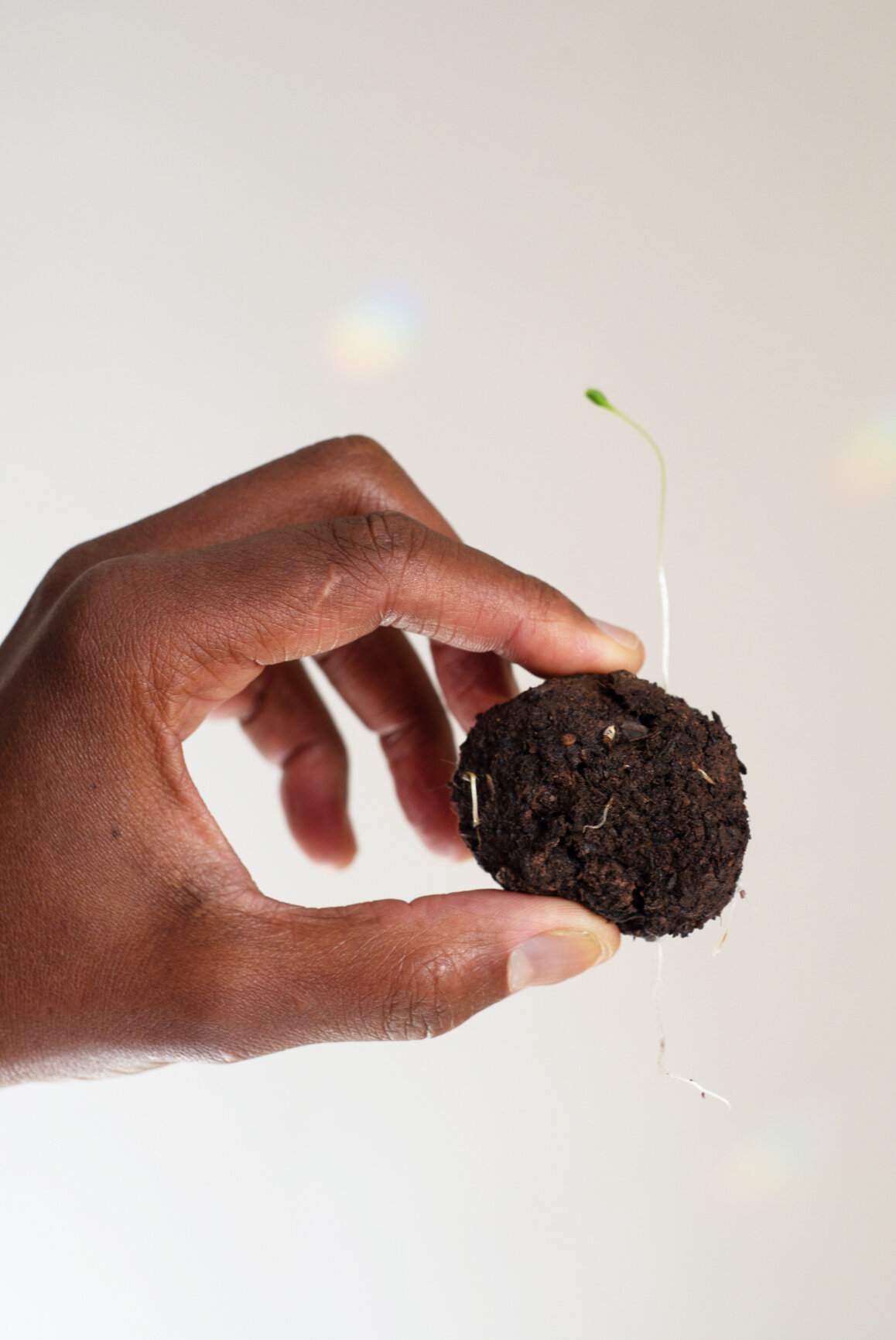
Blog
To support our goal of city wilding, we visit other urban and rural planting projects to hear about their ideas and gain inspiration.
We also share tips, thoughts and pics on this blog, and will document our commissioned projects here.

How Robins Keep Gardens in Balance
How Robins Keep Gardens in Balance
Written by Leanne Werner
Read more in: https://www.hellomagazine.com/homes/866646/gardening-what-to-feed-robins/

What is permaculture?
In simple terms, permaculture can be described as a way of working with natural processes and patterns to develop ecologically harmonious, efficient and productive systems which produce a range of benefits or “yields”.

The urban agricultural revolution
Read Growing Cities, Leanne’s report for the Churchill Fellowship about her trip to the US and Canada to explore food growing in the city.

Heat your greenhouse with leaves
Ingenious guerrilla and street gardener Andy Vassallo of Spring Garden Nursery in Vauxhall reveals how to use composted leaves to heat your greenhouse.

Toronto rocks in the green world
Toronto is one the most multicultural cities in the world – 60 per cent of its population being born outside of Canada – and this is very much reflected in the food it grows.

Scything
Wilder had a crash course in scything this month at beautiful Fishponds Park, where we cut the hay meadow.

So green Montréal…
Montréal is a deep green city. We can learn a lot from the people and organisations working to make it an even better place to live and work.

Planting wildflowers
Wilder have been sowing the north concourse at Tate Modern with beautiful shady wildflower seed. Here’s our brief guide to planting seed.

Make a biodegradable wreath
Make a festive wreath to hang on the door; when the season is over it can go into your garden waste collection, or onto the compost heap.

Everything you always wanted to know about bokashi (but were afraid to ask)
Learn to make rich and nutritious compost using food scraps.

On plants and plastic
When we started our wildlife gardening social enterprise, the last thing we wanted to do was contribute to the deluge of plastic in landfill, the oceans and even our bodies. But the gardening industry seems locked into an unhappy love affair with plastic, one that is hard to break.

Could this be the end of concrete jungles?
Humans don’t like mess or uncertainty, and natural systems are dynamic, complex, untidy and erratic. We must learn to read their inconvenience as a sign that all is well. We should be embracing the mess.

Some green reading
Here, in no particular order, are some books which have caught my imagination and shaped my thinking in 2020.

How to make a seed bomb
Making seed bombs is a mindful and enjoyably messy process. After drying out for a few days, the balls will be ready to be thrown around. Cathartic!

Wildlife gardening course at Walworth
Foraging bees danced around early autumn flowers, a tall bay tree vibrated with bird sound and a mother fox – our own much persecuted predator – slept sweetly in a flower bed, unruffled by visitors.

Wilding at Knepp: the mother ship
The land at Knepp moves, grubbed up and trampled by free-ranging pigs, seeds splatting into the upturned soil in cowpats, hedges thickening into gorgeous groves.

‘The first law of ecology is that everything is connected to everything else.’
— Nan Shepherd, The Living Mountain
